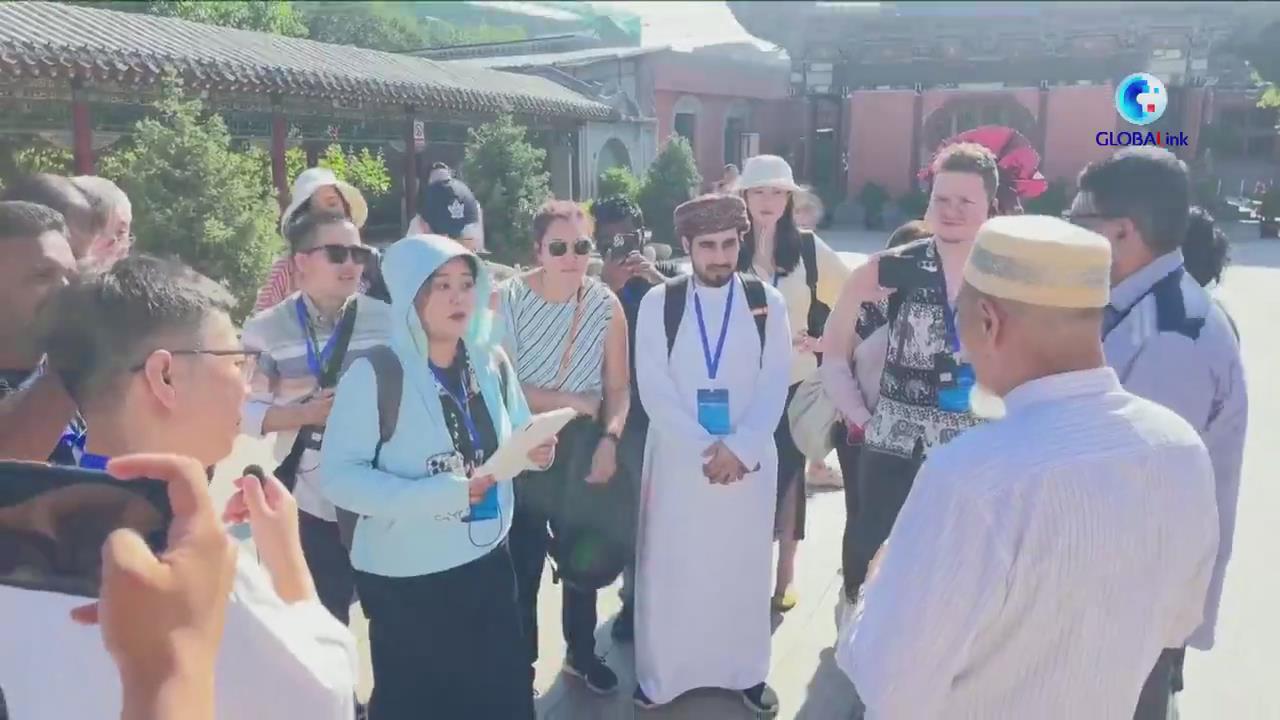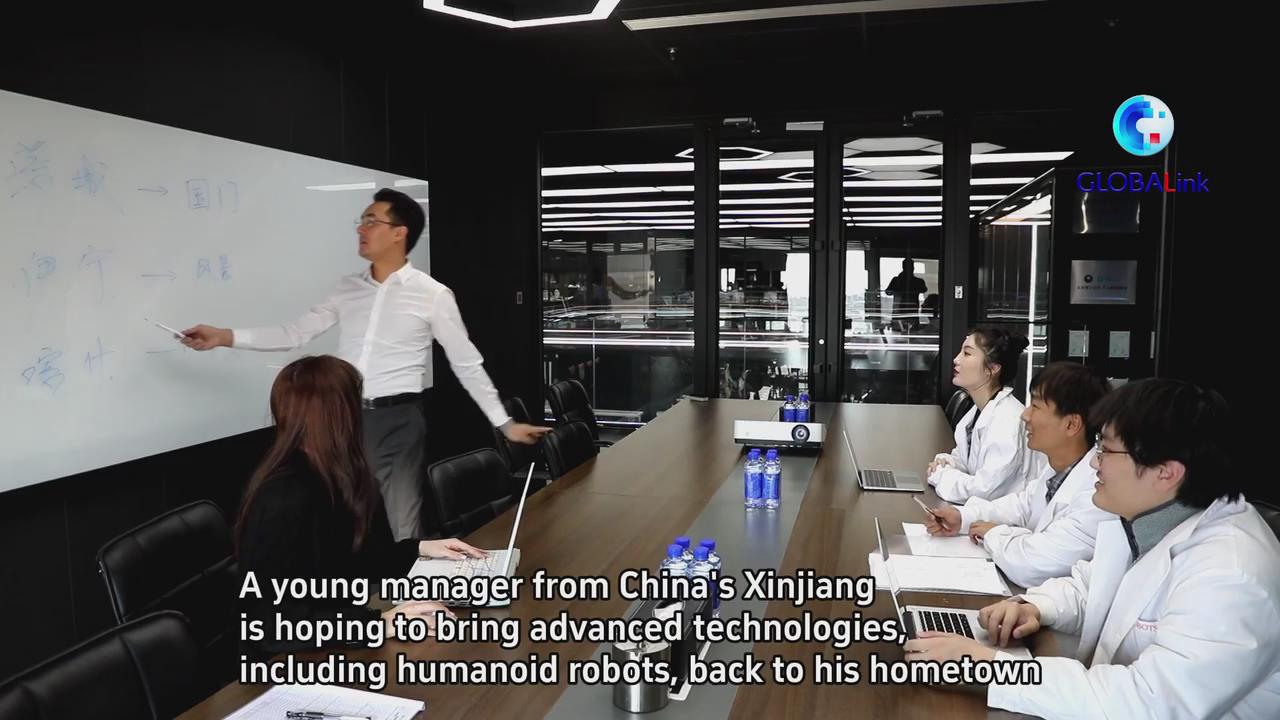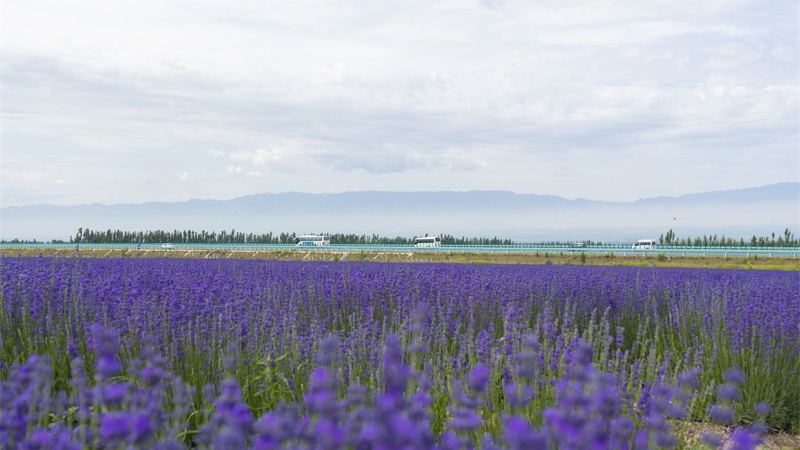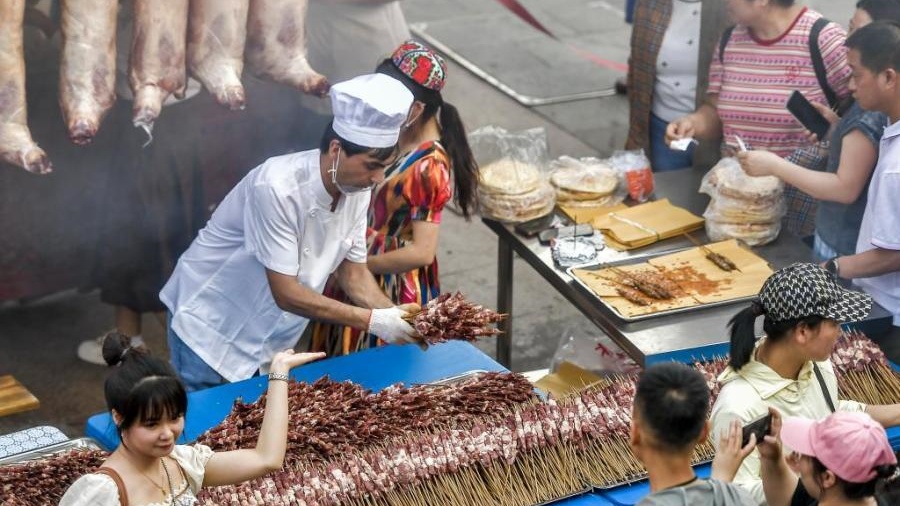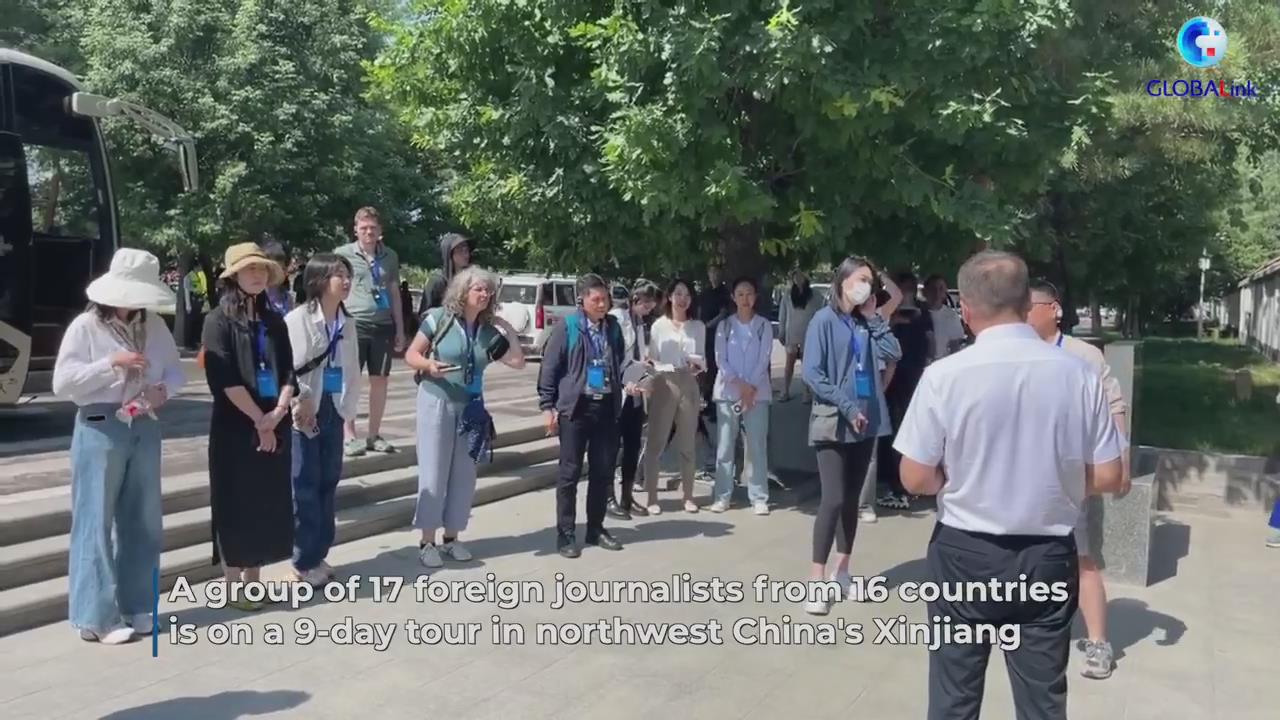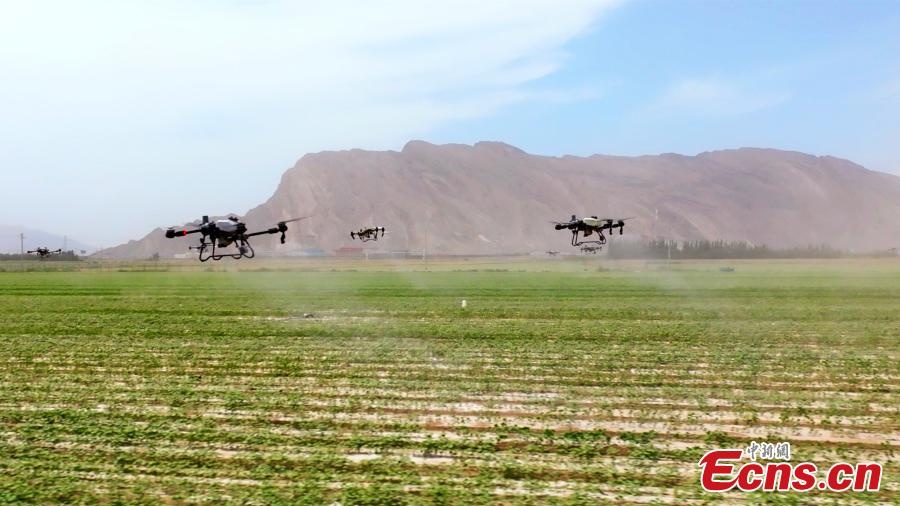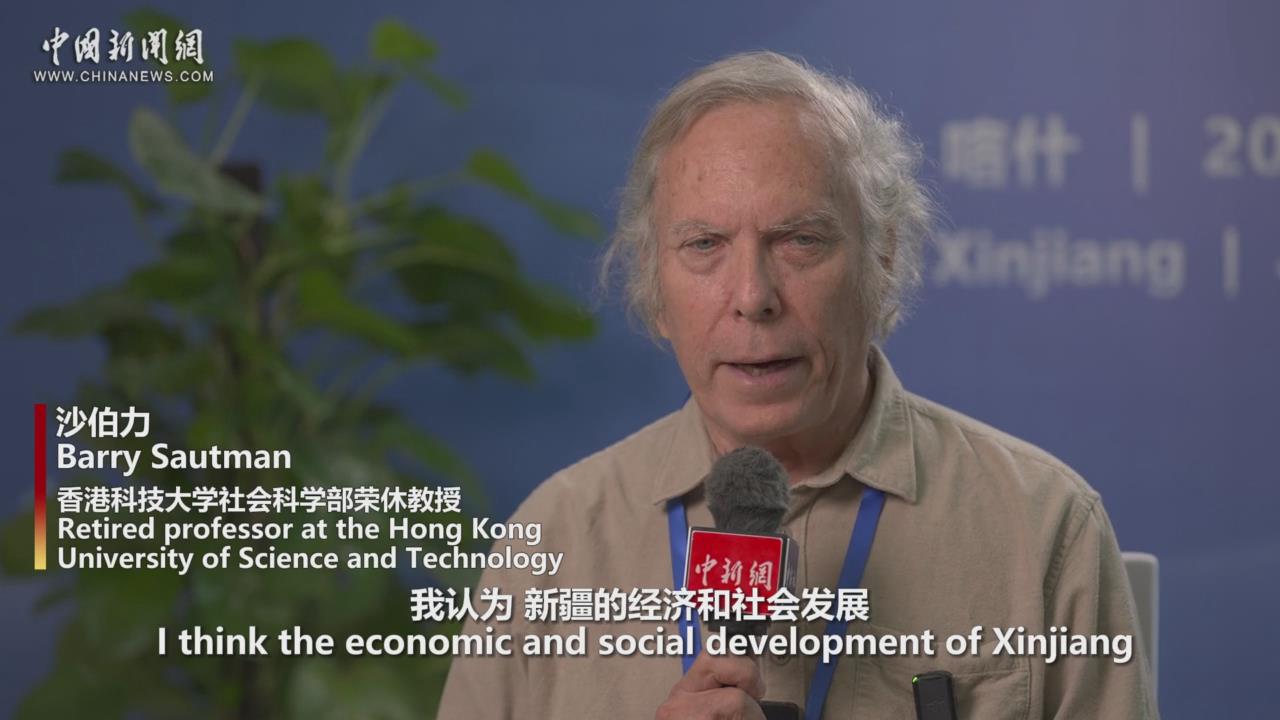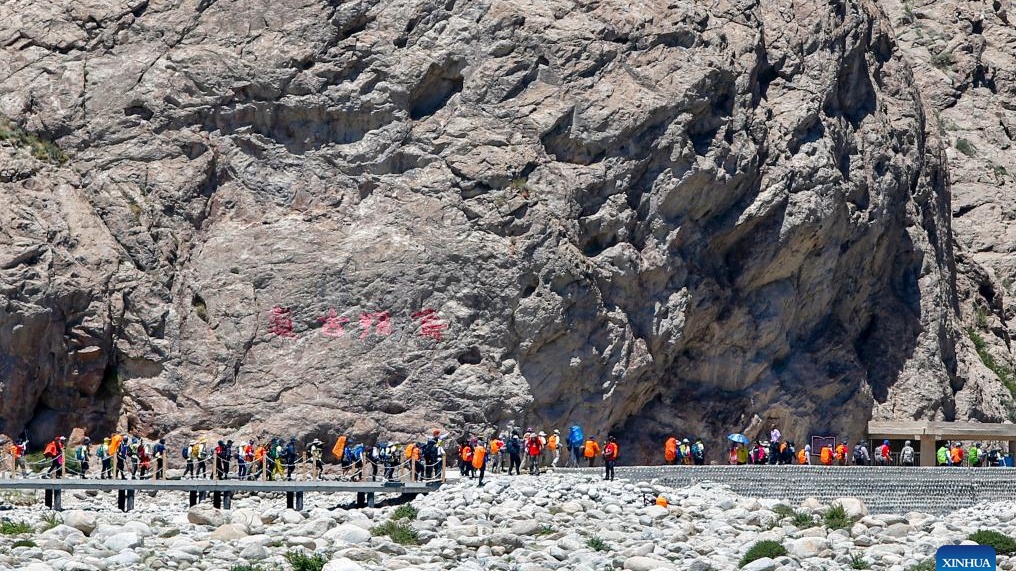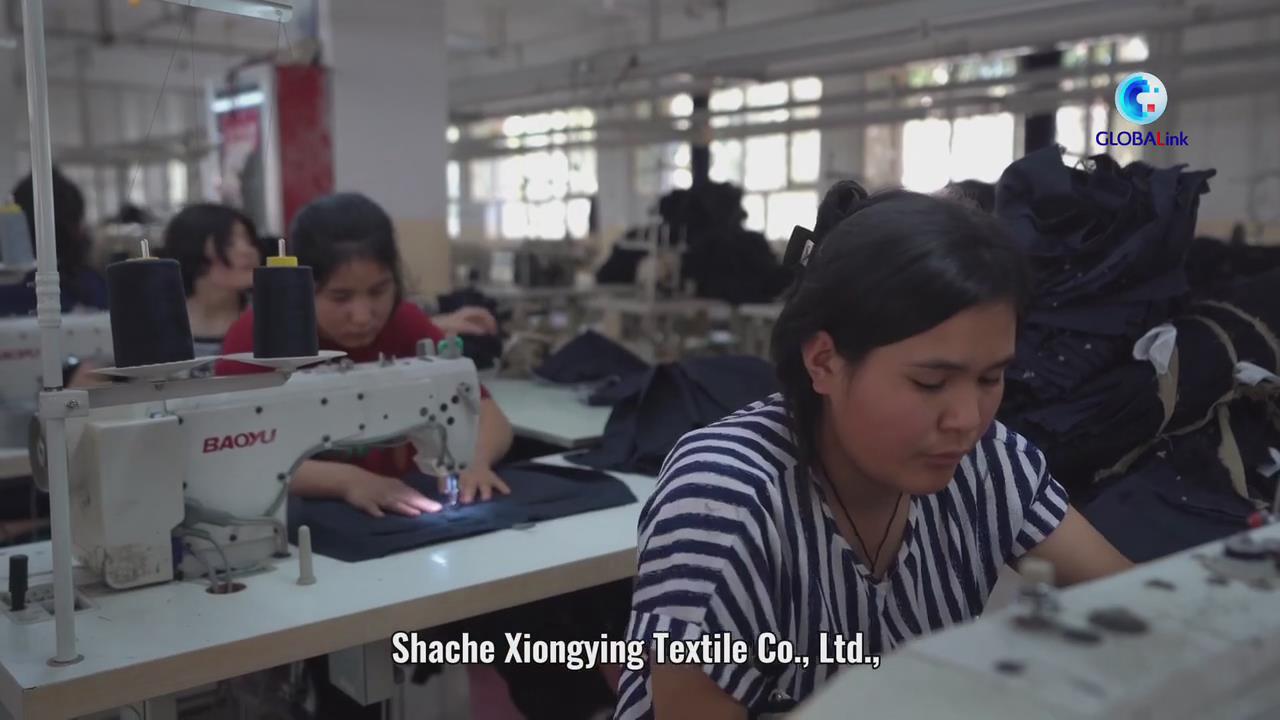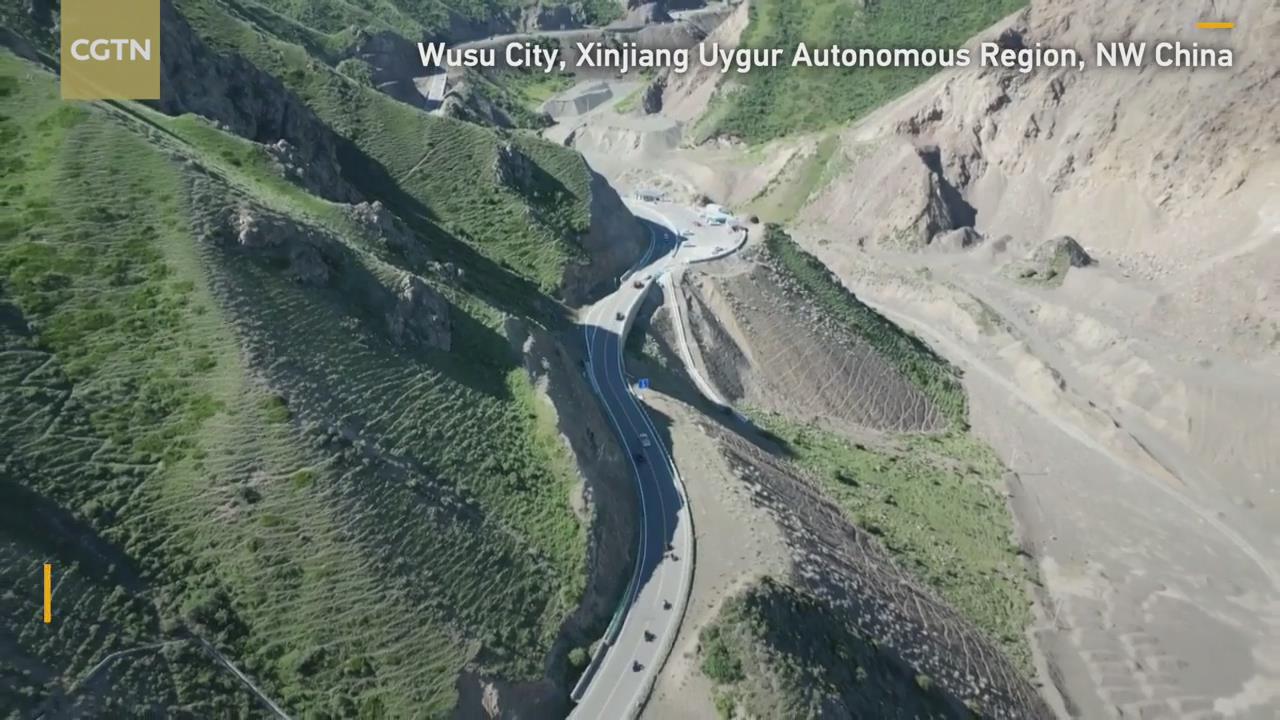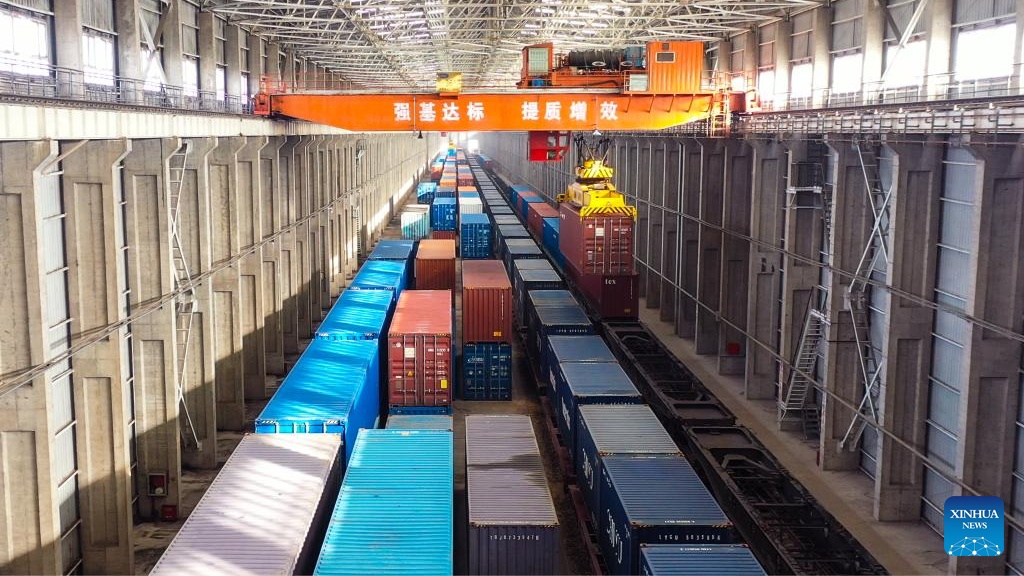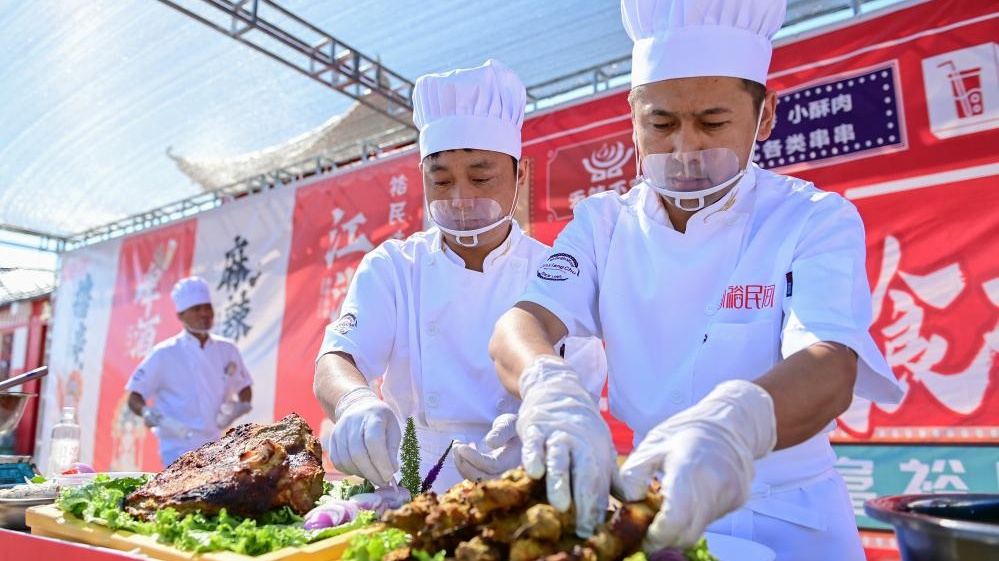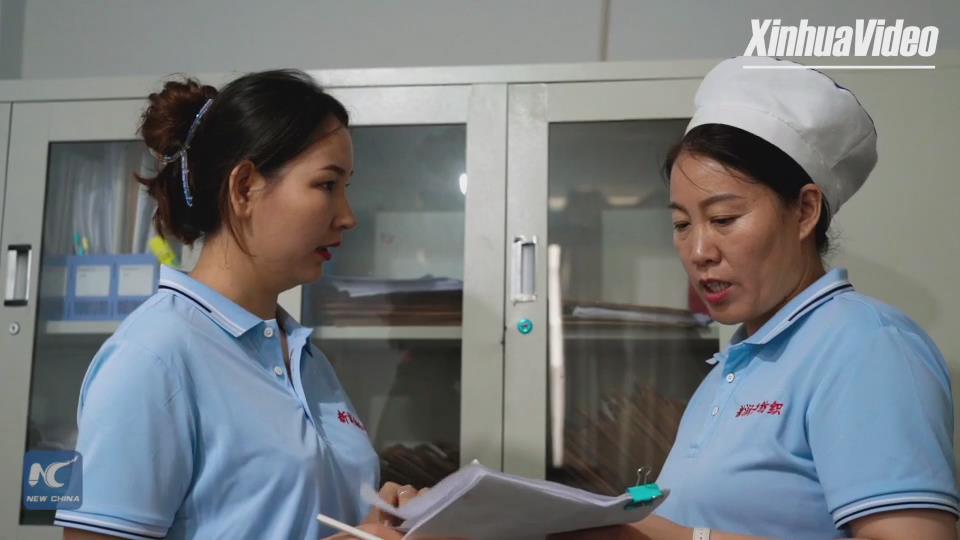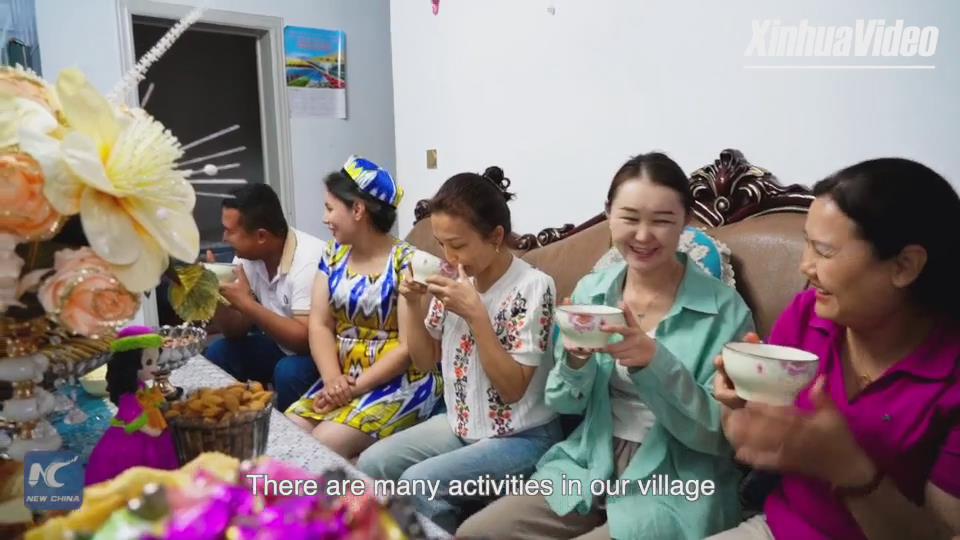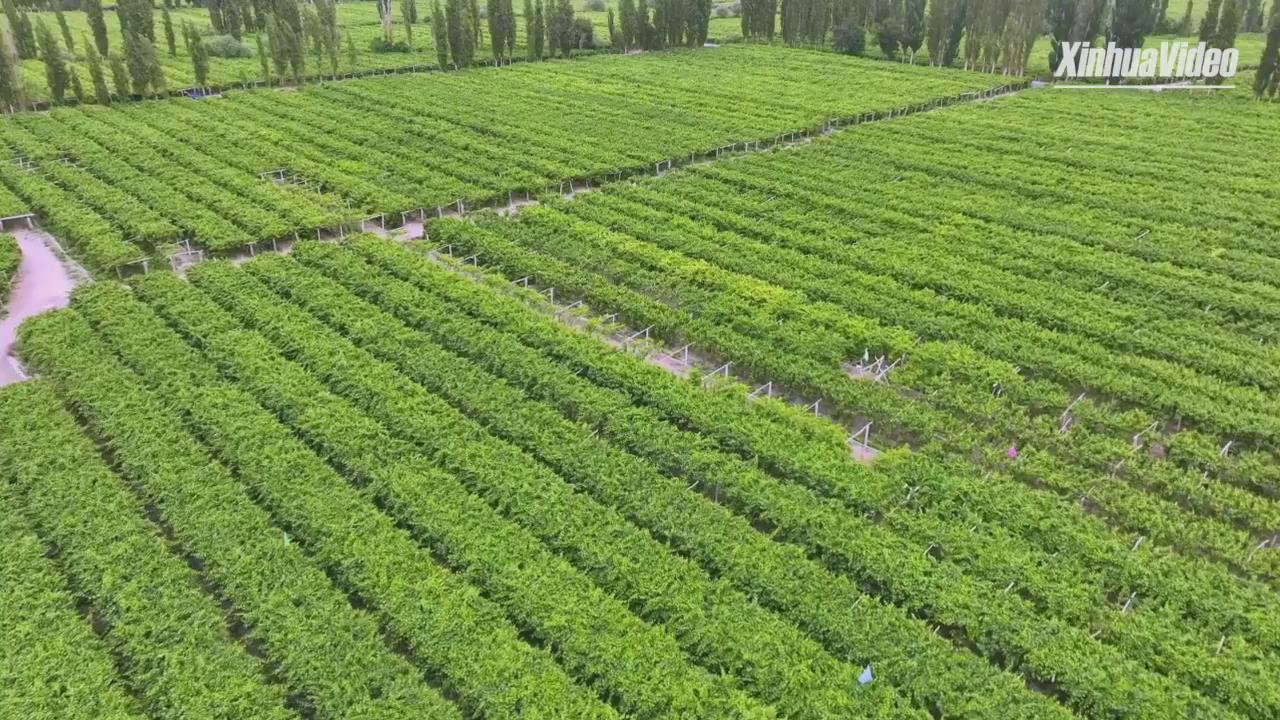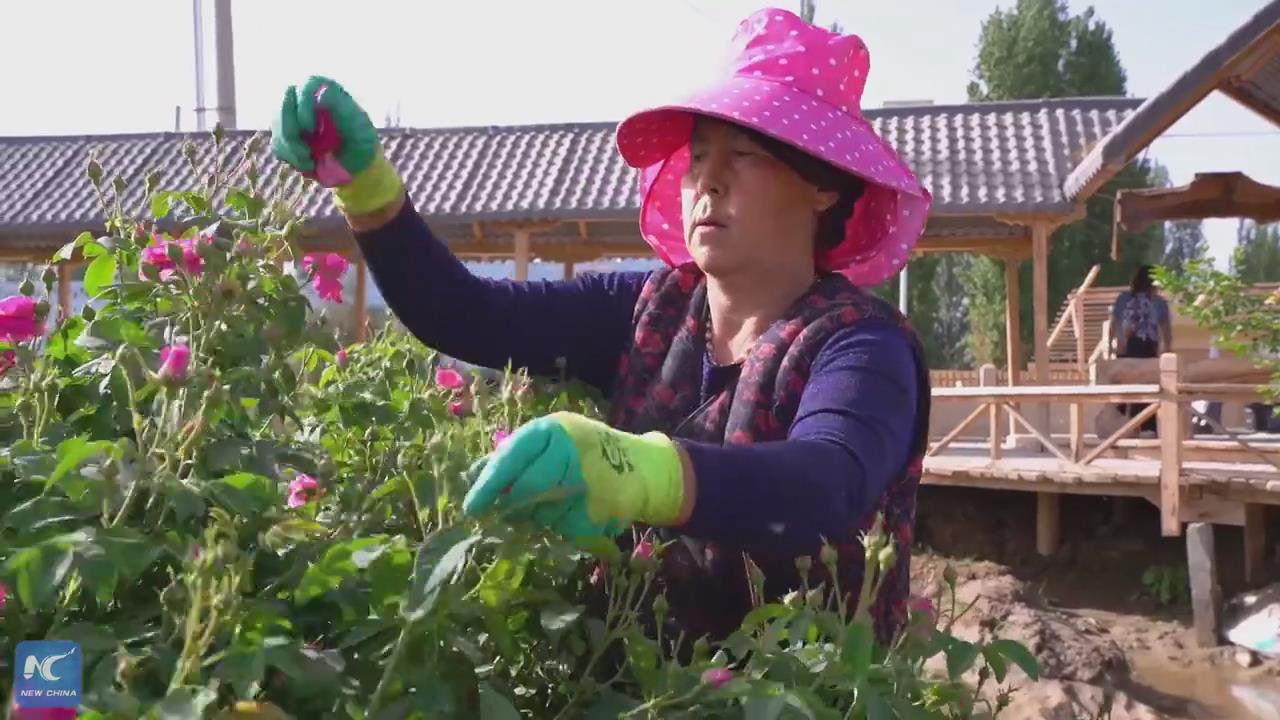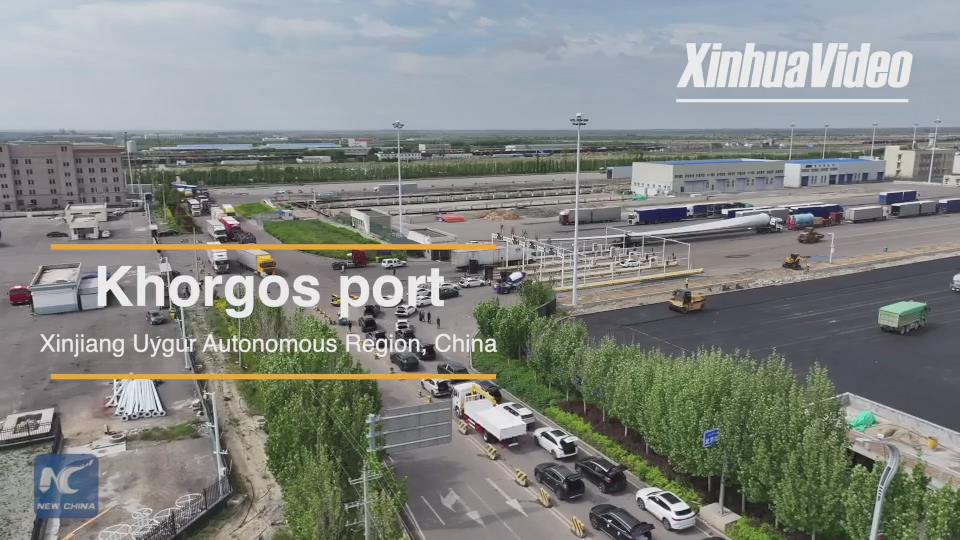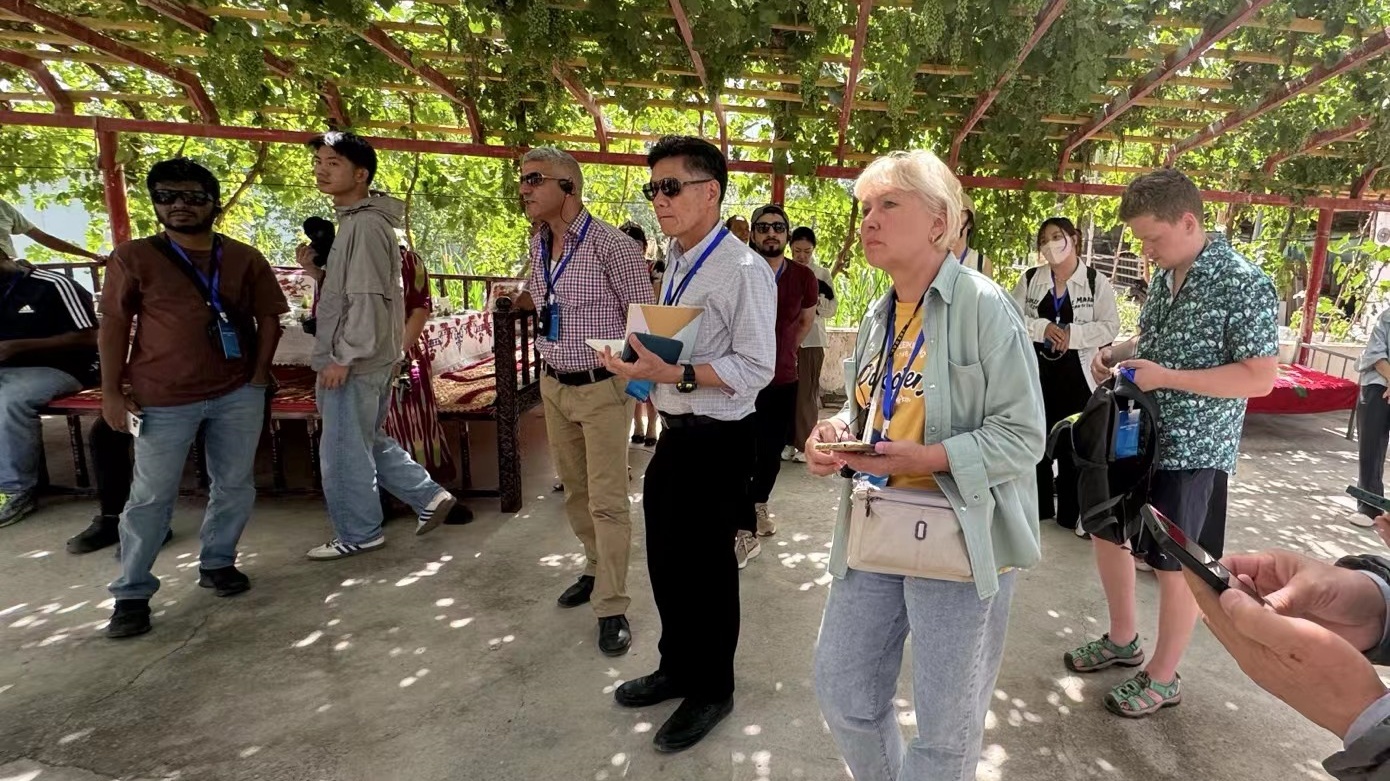
Foreign Journalists visit a rural cooperative of cotton farmers in Xayar county, Northwest China's Xinjiang Uygur Autonomous Region on June 19. The journalists chat with the farmers and discussed their working conditions. (Photo: Chen Qingrui/GT)
Journalists from 16 countries were impressed by the mechanization rate in Xinjiang's cotton industry and the improved living standards there in a recent tour of Xayar county, Northwest China's Xinjiang Uygur Autonomous Region. They said that the so-called "forced labor" narrative was a complete lie when they visited local cotton farmers' cooperatives.
"I am surprised to see the investment in natural resources by the local government, including localization and agricultural diversification," Faisal Said Alsaadi, a journalist from the Sultanate of Oman told the Global Times on June 19. He said the efforts taken by the Chinese government have created jobs and lifted incomes for many local families.
During the visit, the Global Times found that the cotton planting sector in Xayar has achieved a high degree of mechanization, significantly enhancing productivity and efficiency, and reducing the burden on local farmers.
The Global Times also found that the establishment of cooperatives and the widespread adoption of mechanized farming equipment there have led to notable improvements in the farmers' working conditions. The advancements have increased income levels and helped cut manual labor.
Sadyrdn Ahat, head of a cotton farmers' cooperative in Xayar county told the Global Times that farming machinery now handled all operations from planting to harvesting, reducing the need for manual labor. He said that this shift allowed individuals to find other better-paying jobs in the county. "Even the aged workers above 60 years old, can have well-paid jobs here," Ahat added.
Ahat said the cooperative conducts six to ten specialized training sessions annually and possesses machinery and equipment worth more than 20 million yuan ($2.75 million).
"Our cooperative is fully mechanized, utilizing agricultural machinery, cotton pickers, and tractors," Azez Ahmat, a cooperative member in Xayar told Global Times. "We also use machines for planting corn and wheat."
Ahmat added that he has worked at the cooperative for five years, earning over 6,000 yuan ($825.7) per month, along with annual bonuses. In comparison, the total income of his family was about 20,000 yuan annually, before the government introduced the cooperative.
Ali, another member from the cotton cooperative in Xayar told the Global Times that the cooperative members joined it voluntarily, aiming to increase their household income.
However, over recent years, anti-China forces in the West have hyped up the so-called "forced labor" in Xinjiang, as part of their systematic attempt to smear China's international image.
During the visit, the journalists told the Global Times that those narratives did not reflect reality, and they were surprised to see the high efficiency of mechanized cotton farming and the significant improvements in farmers' living standards.
"The so-called forced labor is part of an economic war, and some Western governments are so afraid of losing their hegemonic position in the world," Natalie Benelli, founder of Neue Presse and editor-in-chief of Der Neue Norden from Europe told the Global Times.
"That's why we are here to see what's going on, and go back to our countries, to tell the truth about China, because most people don't know the truth," Benelli noted.
The cooperative members also told the Global Times that they keep an eight-hour workday with no after-hour labor. They are confused and find it laughable and puzzling by the so-called "forced labor" fallacy.

.jpg)


